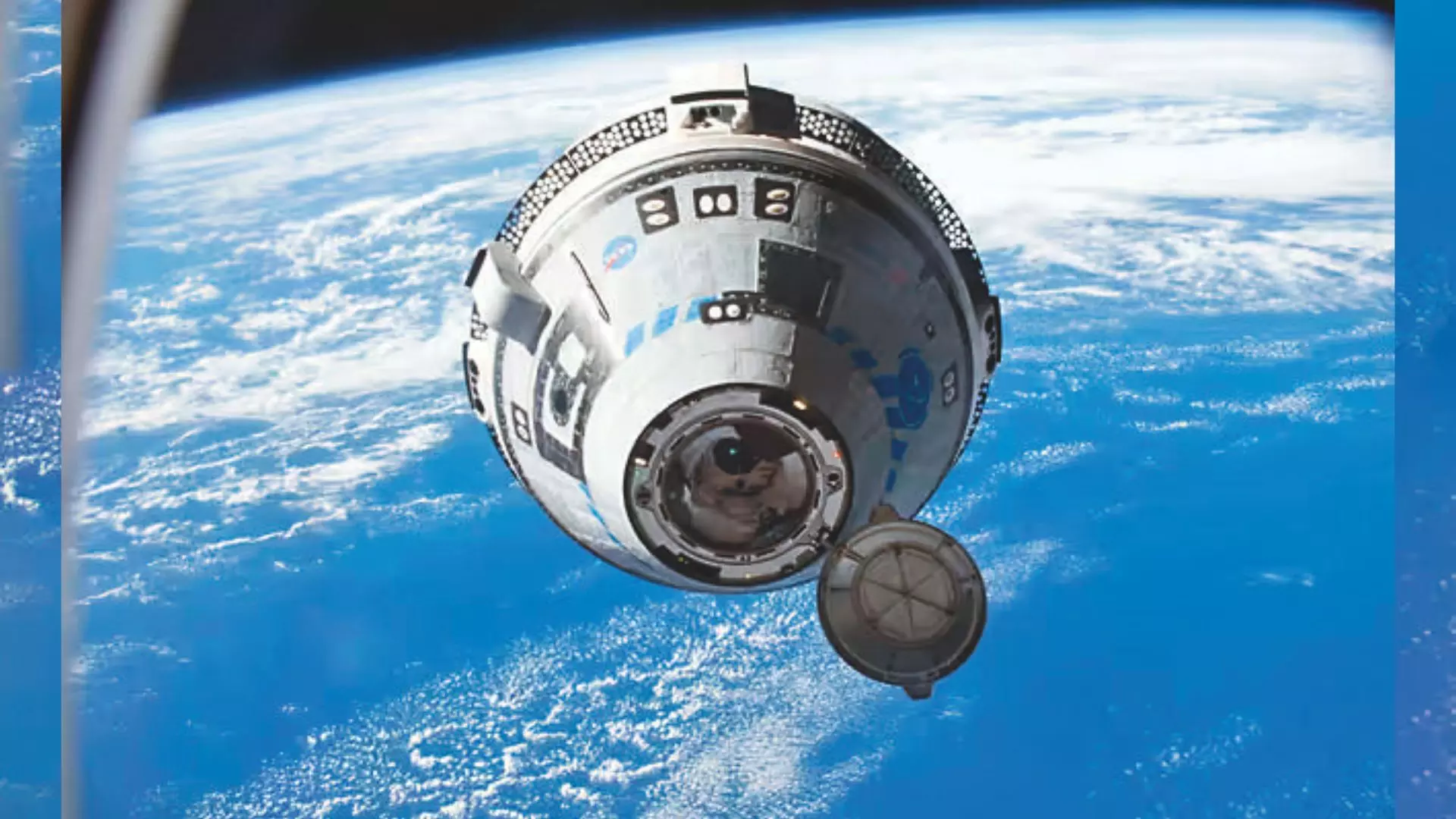MindSpace
Waiting slows our perception of time because it changes the amount of time that we spend thinking about time

Waiting for someone or something is a part of everyday life. However, waiting in environments filled with uncertainty requires strong nerves. It takes a toll. While there have been innumerable instances of people, especially mountaineers and adventure freaks, being stranded for days at a stretch in hostile environments, it’s only now that the world is getting to know what it is like to get stranded in space. Astronaut Sunita Williams and Butch Wilmore, who went to space for a few days on June 5, is likely to return to Earth only in 2025. Their long wait above Earth can distort their sense of time.
Resilience & adaptability
Extending the astronauts’ mission on the International Space Station (ISS) by eight months to a year presents unique challenges, but Radha Krishna Kavuluru, ex ISRO scientist and now Principal Engineer, Software & Firmware, Dhruva Space, is confident that they will be able to overcome these challenges. “From a technical perspective, ensuring the safe return of the crew requires a meticulously risk-averse approach, especially given the recent helium leak in the Starliner. Extensive testing and preparation will be priority to mitigate any risks,” notes Radha Krishna.
From the biological angle, the prolonged stay in space raises concerns about the physical and mental well-being of the astronauts. “Having experienced extended isolation during my time in Antarctica, I understand the psychological toll of an extended mission. The constant countdown, the dwindling motivation and the strain of limited social interaction are real challenges. However, I believe astronauts are well-prepared for this. They are not only trained to handle the rigours of space but are also equipped to tackle the unexpected. This mission extension, though daunting, is an opportunity for them to demonstrate their resilience and adaptability in the face of adversity,” adds the scientist.
Astronauts undergo survival training to handle adverse situations. In microgravity, they lose muscle and bone, so they must stay fit during their space sojourn. Much of their day is spent exercising.
Astronauts must also prepare mentally for the isolation, confinement, and separation from family and friends that go with long-duration space missions. To safeguard their mental health, psychologists check in with them often and teach stress management techniques.
Challenges living in space
Kuntal A. Joisher, the world’s first vegan to scale Mt. Everest, says, “When we were stuck on the mountain, we had tents, food and friends around. We knew that if things got really bad, we could always go down or get help. It wasn’t fun, but it wasn’t scary either. What’s happening with Sunita is totally different. She’s way up in space, not just high on a mountain. She anticipated spending a few days there, but now her stay has extended to several months. That’s a huge change of plans in a place where everything is already super challenging. In space, even simple things like eating or moving around are tricky. Furthermore, returning home immediately is not an option. Both situations undoubtedly require a strong mind. However, finding yourself stranded in space presents a unique challenge. Astronauts must be tough and space travel is unlike anything we do on Earth.”
Altered time perception
“Our perception of time can speed up or slow down based on our emotions, mood, environment, sleep status and neurochemicals in our brain. During stress, our body adapts to time in a different manner,” says Dr Era Dutta, Consultant Psychiatrist, TEDx Speaker, and Founder, Mind Wellness.
For instance, there can be temporary slowing of time during certain situations. “Temporal slowing is a phenomenon that can occur in a number of circumstances, including accidents, frightening events, and when seeing something memorable. They may make time seem to slow down due to heightened internal processing and memory encoding. Increased brain activity can make these experiences feel longer,” adds Era.
Eensuring the safe return of the crew requires a meticulously risk-averse approach, given the recent helium leak in the Starliner. — Radha Krishna Kavuluru, Ex ISRO scientist and now Principal Engineer, Software & Firmware, Dhruva Space.
Why does time slow down when we are waiting for someone or something?
During waiting periods, one feels that time moves more slowly than usual due to heightened focus and boredom. Psychological factors like anticipation and anxiety distort our perception, making time seem to drag. When we’re engaged in activities, time appears to pass quickly, whereas inactivity can make it feel slower,” explains Dr Era Dutta, Consultant Psychiatrist.
